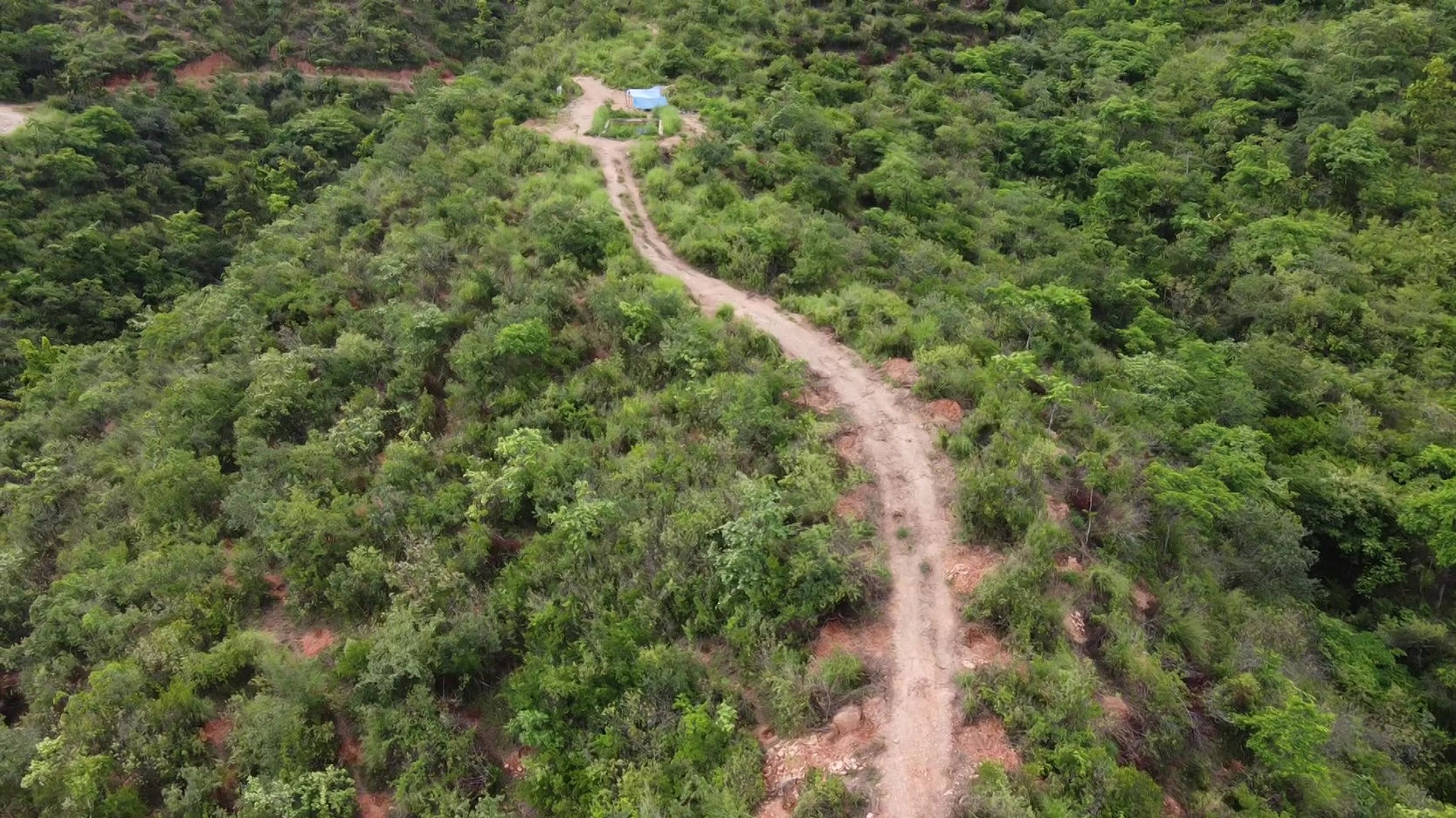
COMPANY PROJECTS -
GO CARBON NEUTRAL

FOREST RAMECHHAP
COMMUNITY FOREST RAMECHHAP - NEPAL
Ramechhap - is located 150km from Kathmandu, the capital of Nepal, with forest landscapes ranging from 500-2600 meters above sea level. The Green Intelligence is collaborating with several Palika's (Municipalities), wards (villages) and community forests (a forest managed and maintained by the local community) within the Ramechhap District to better understand and respond to landscape regeneration needs by building healthy productive forests. Currently, the forests are largely barren with poor shrub coverage and/or already (partially) degraded and extensive monoculture practices that have led to significant soil degradation and resulted in no/limited income generation opportunities for the local communities.
The landscapes in Ramechhap are particularly vulnerable due to low rainfalls during the year and absence of natural water springs in the area. The origin of these poor landscapes can be attributed to a combination of factors including overgrazing by livestock, deforestation, monocultural forests practices, droughts and the impact of road construction. Together with the local community, the Green Intelligence is working to find solutions to increase soil quality and water absorption, implementation of new vegetation and protection and upgrading of these forest. The end goal of this project is to make the forest more resilient and generate higher income for the local community.
The 2022 project is executed in the Sanimadau Community forest in Manthali (capital of Ramechhap district). In partnership with the Community Forest User Groups (CFUG), CFUG's are in charge of the Community Forest, and the Forest Department, the Green Intelligence is implementing the 2022 project. The implementation is partly funded by the Green Intelligence received donations. The project focusses on re-greening, land resilience, biodiversity and productivity. Due to the plantation wildlife is expected to increase in the community forest, like deer and leopards. The productive species, like Mango, Ritha, Neem amongst others, will generate additional income for the community members in time of harvest. For most recent updates check our Facebook page.
Country
Nepal
Type
Wood, Food and Biodiversity forest
Location
Manthali, Ramechhap
Client
Community forest
Year
2022
Status
Planted







![IMG_9064[1].HEIC](https://static.wixstatic.com/media/f0a5ab_e14f089adfd24b828b9309b5c85e1b96~mv2.png/v1/fit/w_960,h_960,q_90,enc_avif,quality_auto/f0a5ab_e14f089adfd24b828b9309b5c85e1b96~mv2.png)
![CJAZ2791[1].JPG](https://static.wixstatic.com/media/f0a5ab_2b7931b09990437d917ebe91c4929bbf~mv2.jpg/v1/fit/w_1920,h_1920,q_90,enc_avif,quality_auto/f0a5ab_2b7931b09990437d917ebe91c4929bbf~mv2.jpg)
![IMG_9169[1].HEIC](https://static.wixstatic.com/media/f0a5ab_dd7beb44a07b41c18992d18162f3854d~mv2.png/v1/fill/w_960,h_960,fp_0.42_0.35,q_90,enc_avif,quality_auto/f0a5ab_dd7beb44a07b41c18992d18162f3854d~mv2.png)
